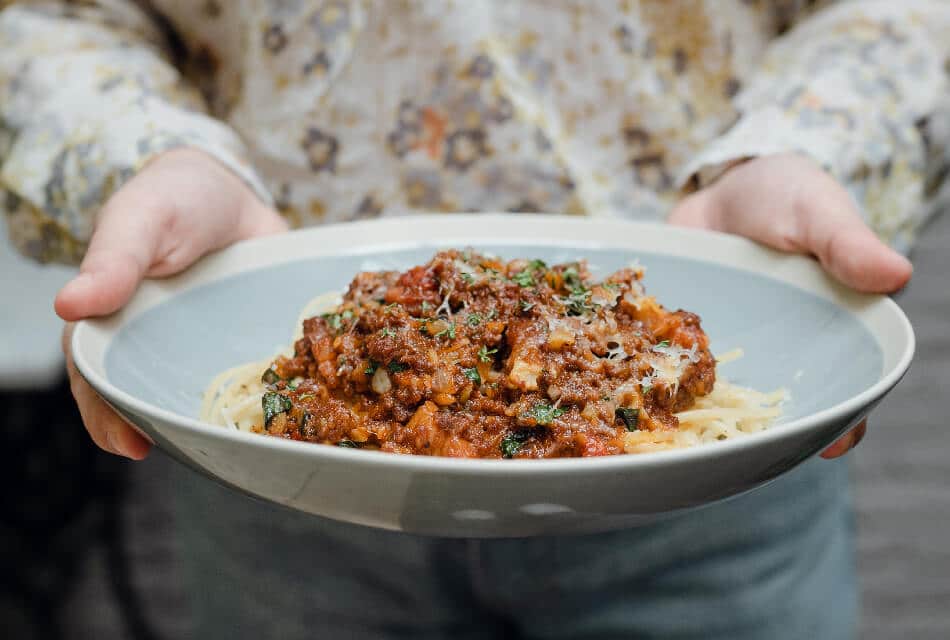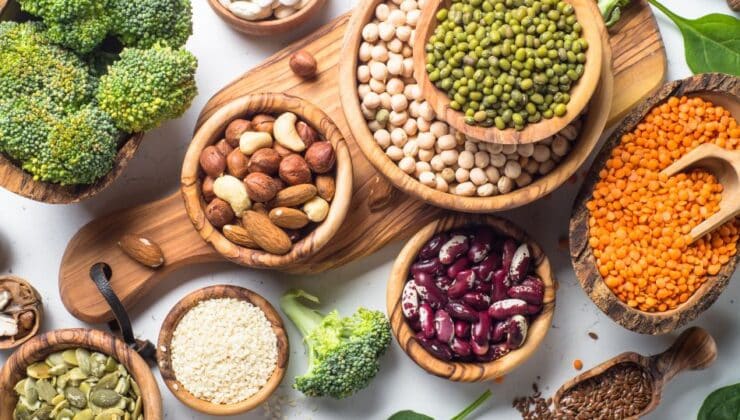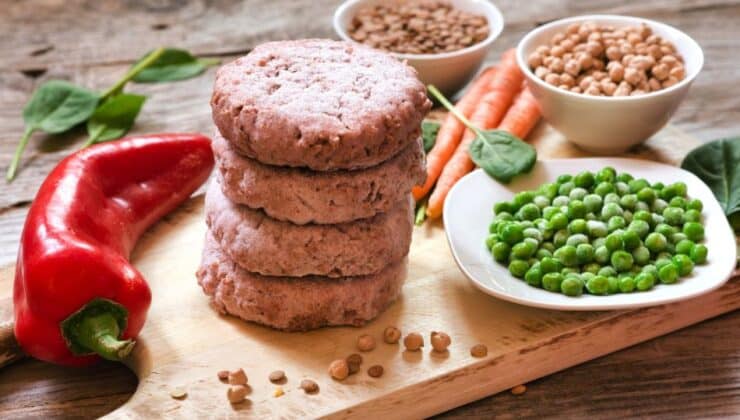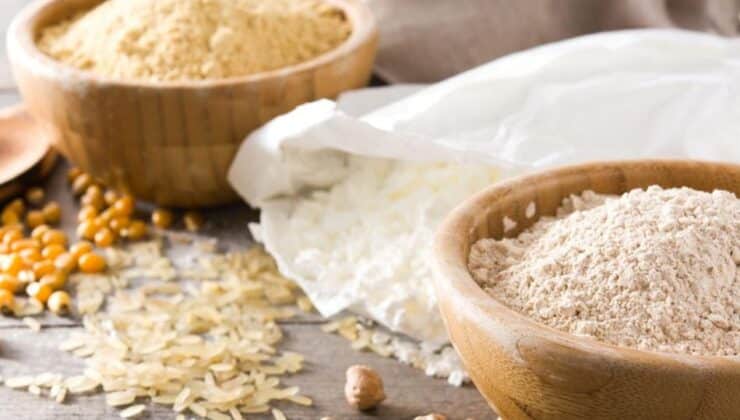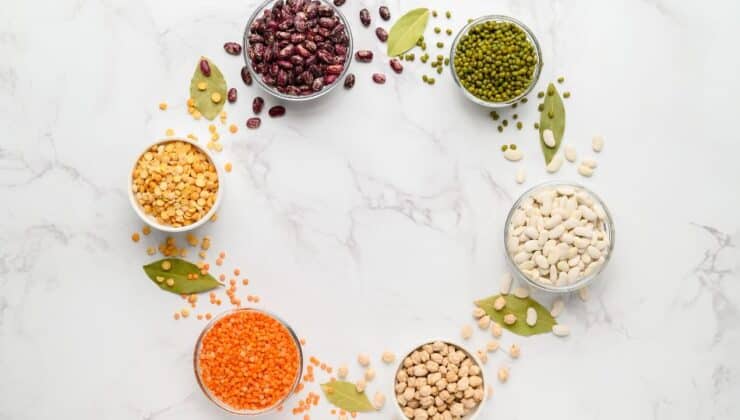Each and every market sector involving texturized vegetable protein is growing.
According to data published by the European Union (EU), through the EU-funded Smart Protein project, financed by this organization, in the last three years the consumption of of plant-based foods by Europeans has grown by more than 49% in the last three years.
And the industry has caught up.
Because there is no choice but to meet market trends if you want to stay in the market. And because the industry’s goal is to meet the demand of a growing number of people who opt for a vegan diet; vegetarian, in any of its currents: ovo-lacto vegetarian, ovo vegetarian, plain vegetarian, etc.; without forgetting the flexitarians, those people who have not completely given up eggs, meat, fish, etc., but who, every day, are more and more interested in a plant-based diet, but who are increasingly choosing to exclude animal protein from their diets.
The preference of consumers for vegetable protein over animal protein is growing steadily, and research into the use of texturized vegetable protein in industrial food.
Molendum Ingredients, a subsidiary of the Dacsa Group, is one of these companies that was present at the dawn of the texturized vegetable protein, PVT, and has become a benchmark for PVT in the market with its Pésol Pea, and a pioneer in offering the first plant in Spain.
And those who chose to incorporate products to meet this growing and increasingly demand, they choose to eat healthier, more responsible and caring for the planet, they choose solutions that allow them to develop industrial applications of meat analogues that are as completely free of animal proteins as they are capable of providing a varied and delicious diet.
Molendum’s Pésol Pea is the HMMA, produced on a specific extrusion line that maintains moisture, it is the protein that provides exclusive solutions tailored to the needs and preferences of its partners; the one they choose, whether dry or wet texturized, because it is an absolutely plant-based, clean label and not genetically modified.
These qualities make Pésol Pea a solution for the sectors in which it is used: ready meals in the fresh-cut and pre-prepared convenience food ranges; meat analogues; snacks; spreads and animal feed.
Pésol Pea is the solution to produce multiple products that replace those traditionally made with animal proteins, providing organoleptic qualities and culinary potential, in more common products such as hamburgers, sausages, nuggets, escalopes or in succulent bites, strips, in the case of dry texturized PVT, croquettes or minced meat analogues, in the case of wet texturized vegetable protein.
Specifically, HMMA is the solution used to obtain more fibrous and less expanded texturized products that do not need to achieve higher water absorption and that offer a hydration procedure that is as simple as it is accommodating.
